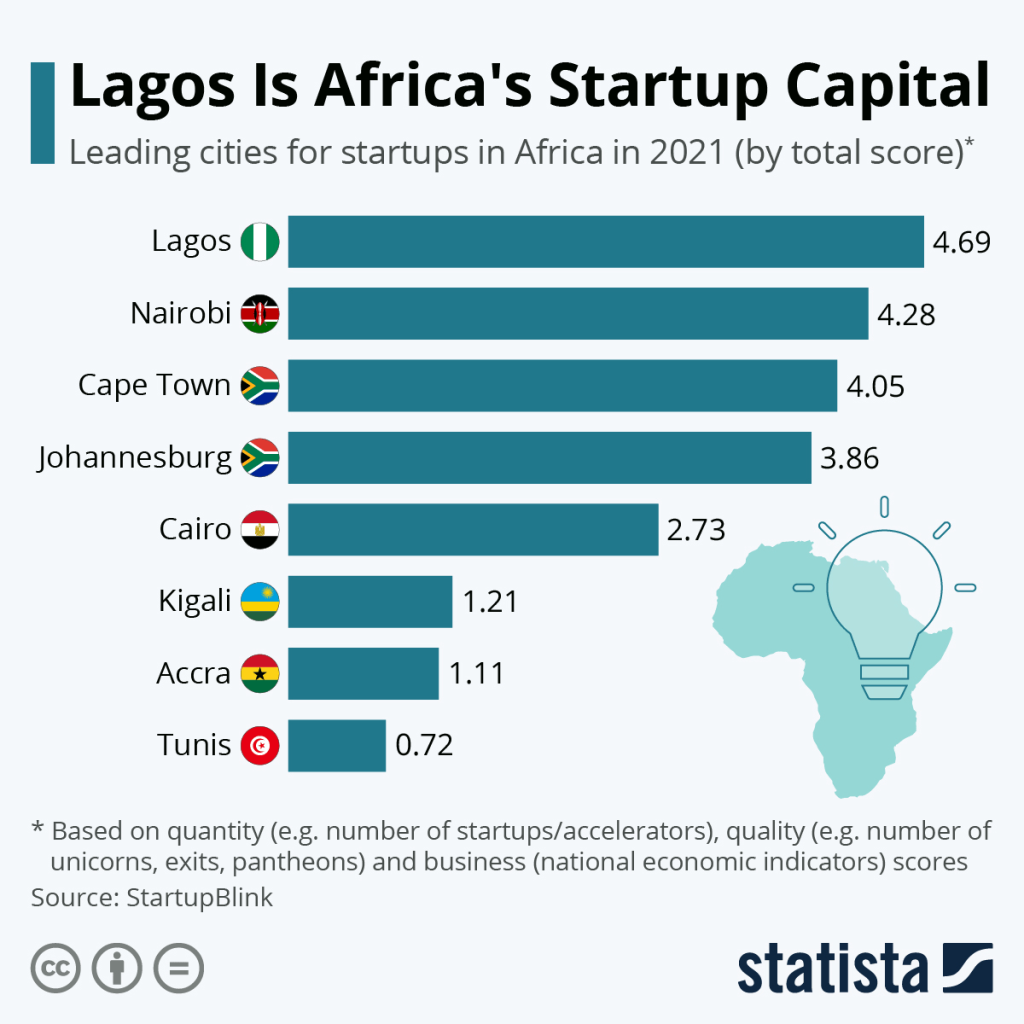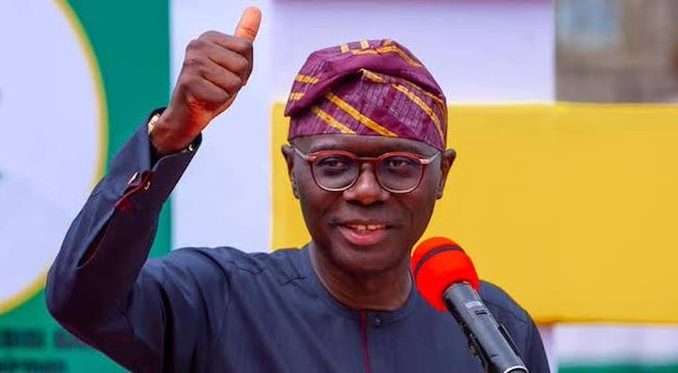Lagos State GDP has solidified its status as a leading economic force in Africa, boasting a Gross Domestic Product (GDP) of $259 billion when measured by purchasing power parity (PPP).
This achievement positions Lagos as the continent’s second-largest city economy, surpassed only by Cairo, Egypt. The announcement came during the official unveiling of the Lagos Economic Development Update (LEDU) 2025, held on Wednesday.
The report highlights that, based on purchasing power parity (PPP), Lagos State holds the rank of Africa’s second-largest city economy, just behind Cairo. It further discloses that the state’s Gross Domestic Product (GDP) reached US$259.75 billion in 2023.
Lagos GDP

Lagos Economy Booms, But Revenue Needs Boost
Lagos experienced significant economic growth in the first half of 2024, with its economy reaching N27.38 trillion, a substantial jump from N19.65 trillion in 2023.
This growth underscores the city’s strong economic performance despite national economic reforms and ongoing infrastructure projects. However, the state’s tax-to-GDP ratio remains low, at just 2.3%, highlighting the need for more effective tax collection.
Ambitious Growth Targets for Lagos in 2025
The Lagos State government has set ambitious economic targets for 2025. They project the state’s GDP to rise to N66.47 trillion, up from N54.77 trillion in 2024, with real GDP growth expected between 5.02% and 6.49%.
This growth is anticipated to be driven by the service sector, with improvements in agriculture and industry. The government also expects lower petrol prices and a stable exchange rate to contribute to economic stability.
Inflation is projected to be around 34.2%, with food inflation slightly higher. The state aims to generate N2.79 trillion in revenue, necessitating stronger fiscal discipline and diversified revenue sources.
Lagos: Opportunities and Challenges for Investors
Lagos remains an attractive destination for investors looking to capitalize on Nigeria’s dynamic economy. The state’s continued growth and strategic policies offer opportunities in infrastructure, technology, real estate, and manufacturing.
However, investors should be aware of challenges such as high inflation, fluctuating exchange rates, and infrastructure gaps, which need to be addressed for sustained growth.

Nigeria’s GDP to be Rebased, Reflecting Modern Economy
The National Bureau of Statistics (NBS) is updating Nigeria’s GDP calculations, using 2019 as the new base year instead of 2010. This rebasing will provide a more accurate picture of the current economy by including:
- Digital Economy: Activities like e-commerce and fintech.
- Emerging Sectors: Data from modular refineries, pension funds, and quarrying.
- Social Programs: Contributions from national health and social insurance schemes.
This update will reflect the significant changes in Nigeria’s economic landscape over the past 15 years.
Explore Naijaecho.com.ng For More News Updates

